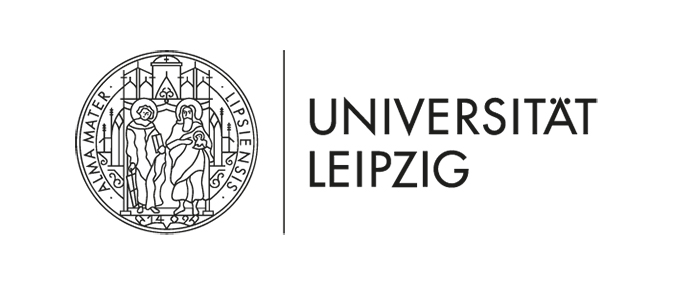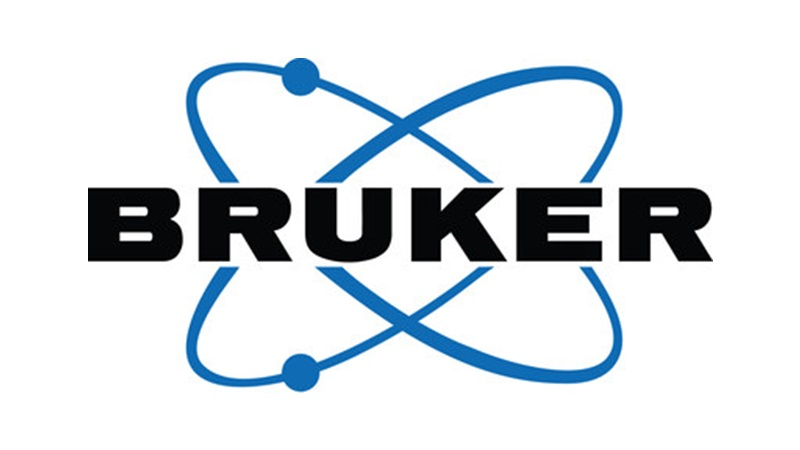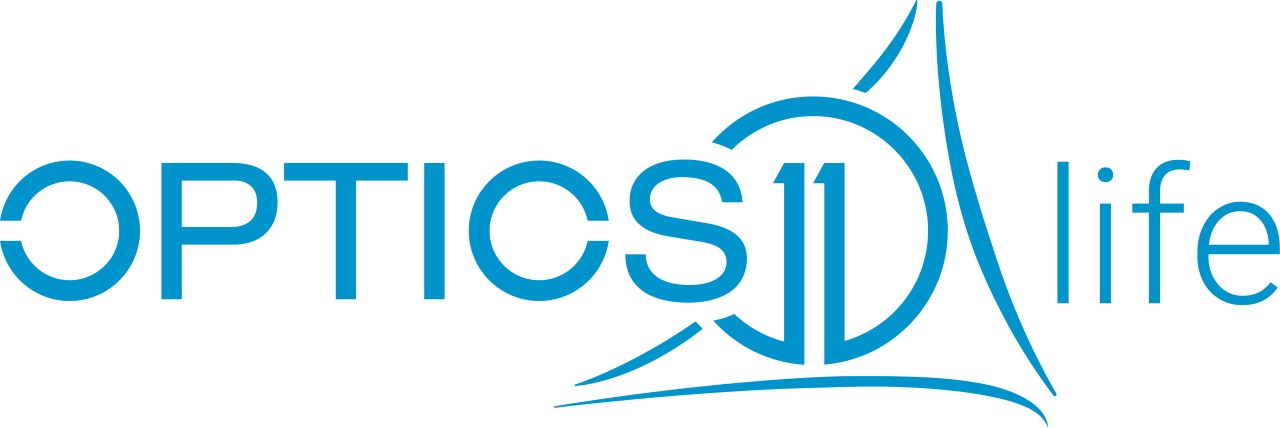|
14th Annual Symposium Physics of Cancer Leipzig, Germany Oct. 4 - 6, 2023 |
PoC - Physics of Cancer - Annual Symposium | |||||||||||||||||||||
|
|
Invited Talk
Heterogeneity of polarity and morphology in gastric cancer patient derived organoids
Contact: | Website
Heterogeneity within tumors and between patients is a significant challenge for cancer therapy. To gain new insight into this problem, we are examining variation in cellular architecture, dynamics, and mechanics across gastric cancer patient-derived organoid lines (PDOs). By labeling and imaging at high resolution various morphological markers in a library of PDOs, we discovered a subset of lines with disruptions in apical/basal polarity, including whole inversions and multiple lumens. One line in particular exhibits heterogeneity in polarity and morphology that seems to be due to genetic variability, as different phenotypes can be isolated in sub-cloned populations. Polarity maintenance of this line and its subclones was found to be less dependent on the basal extracellular matrix. By studying this line, we hope to better understand how genetically heterogeneous populations of cells- such as those found in tumors- may interact with one another to affect biophysical parameters and cellular behavior, particularly with respect to the maintenance of apico-basal polarity. Ultimately, we aim to understand more broadly the mechanisms leading to morphological heterogeneity in PDOs and assess how they relate to disease progression and response to therapy.
|









